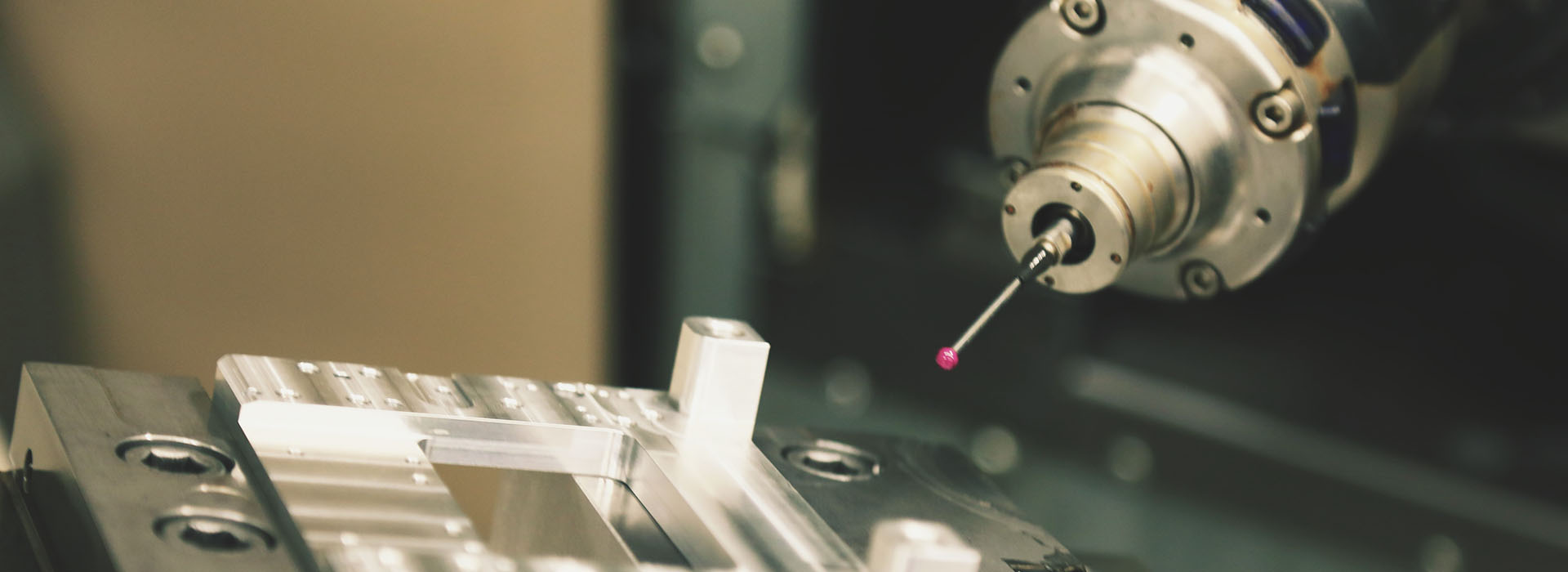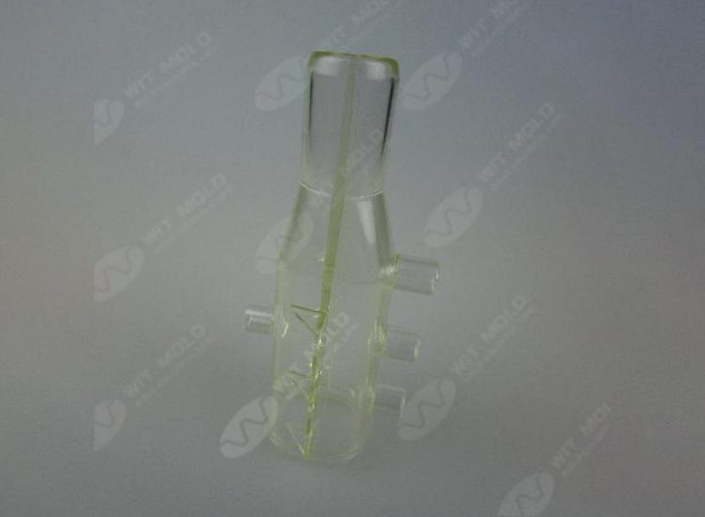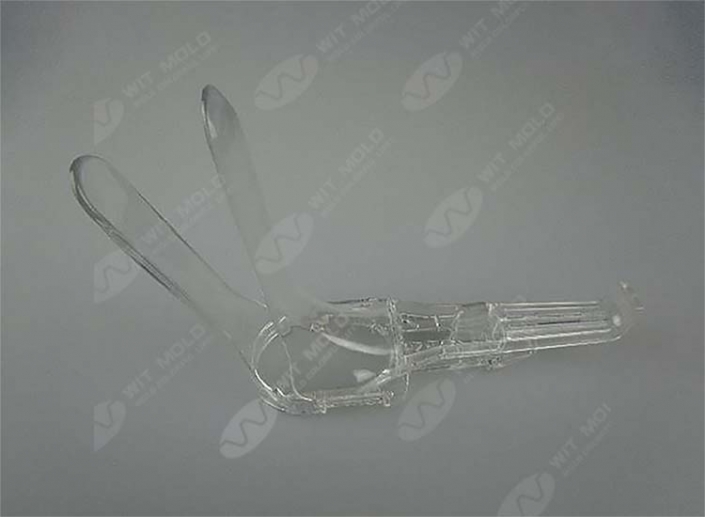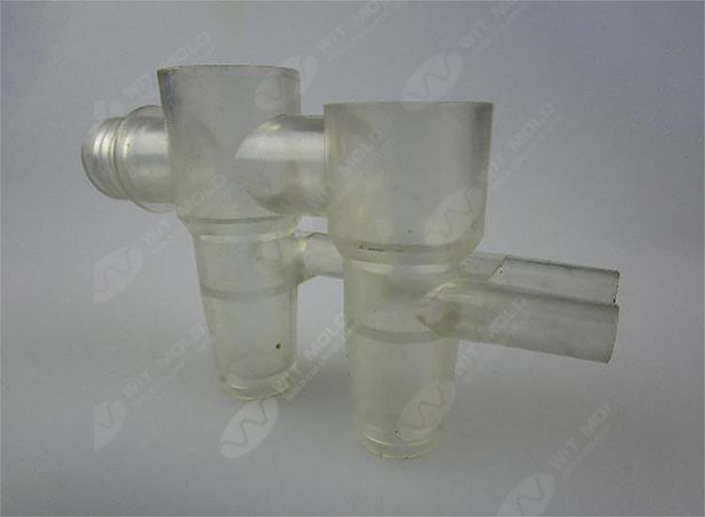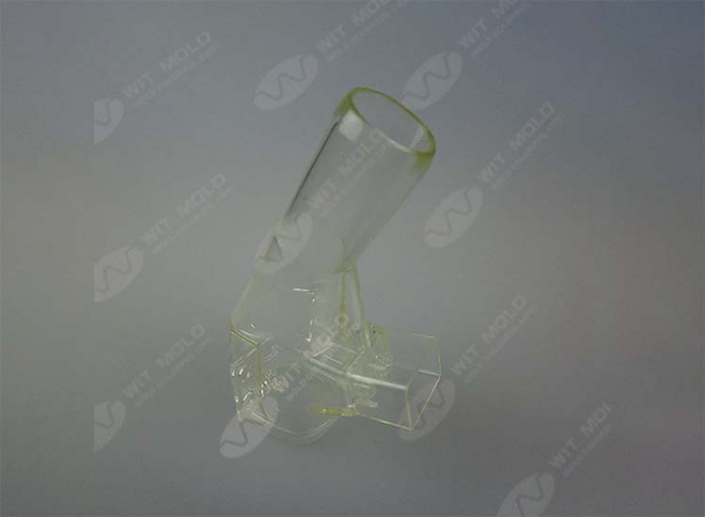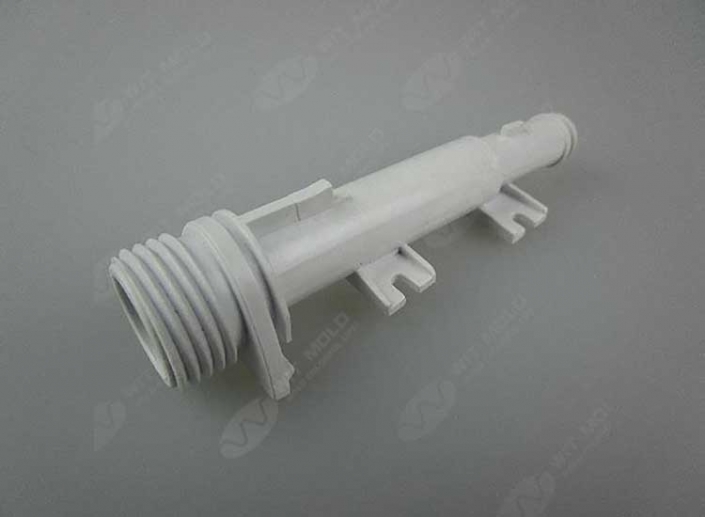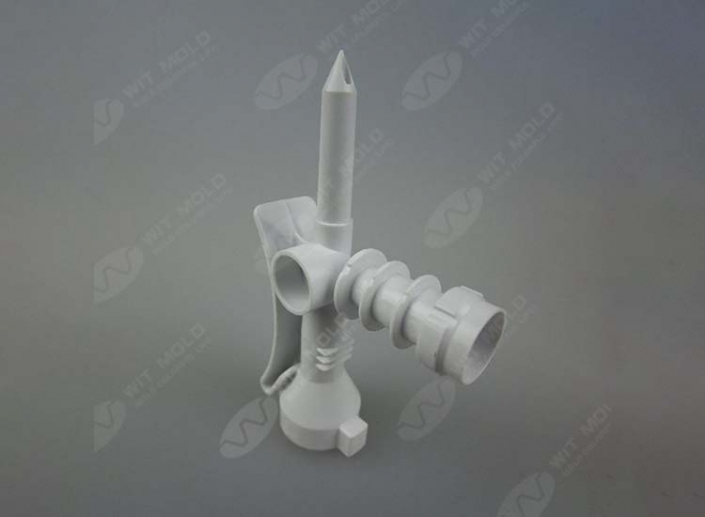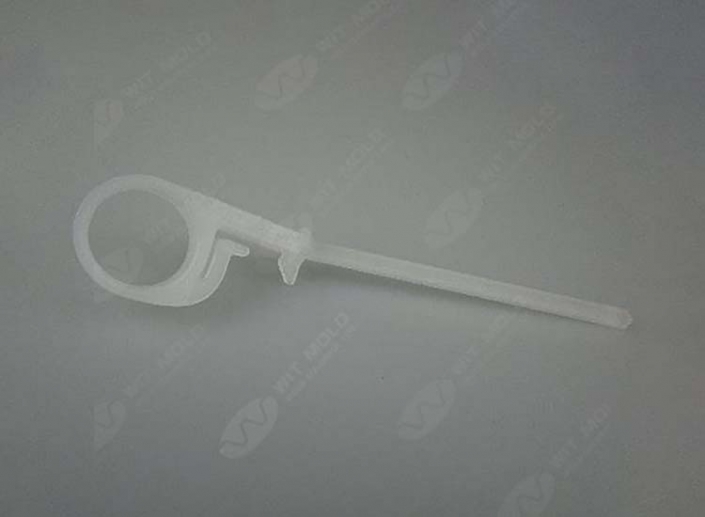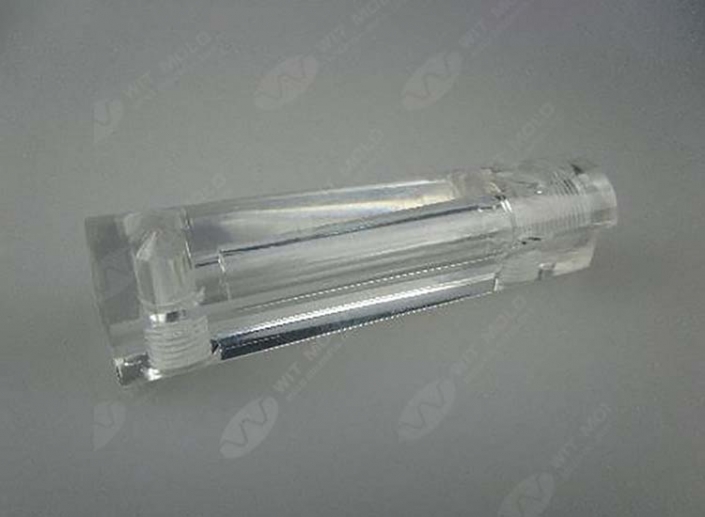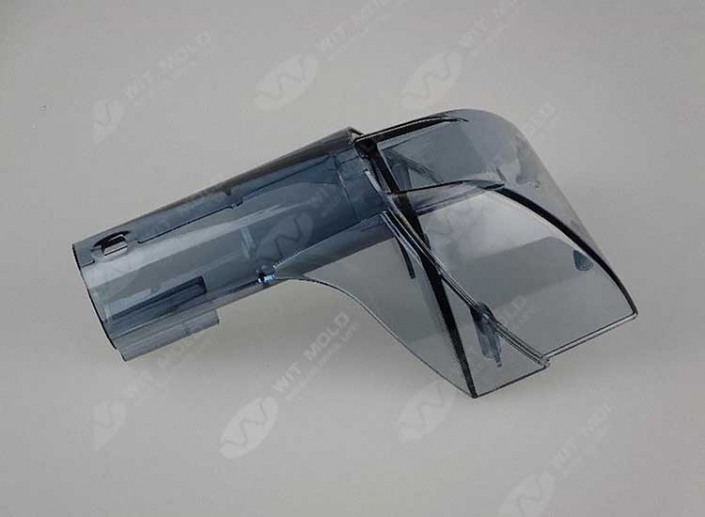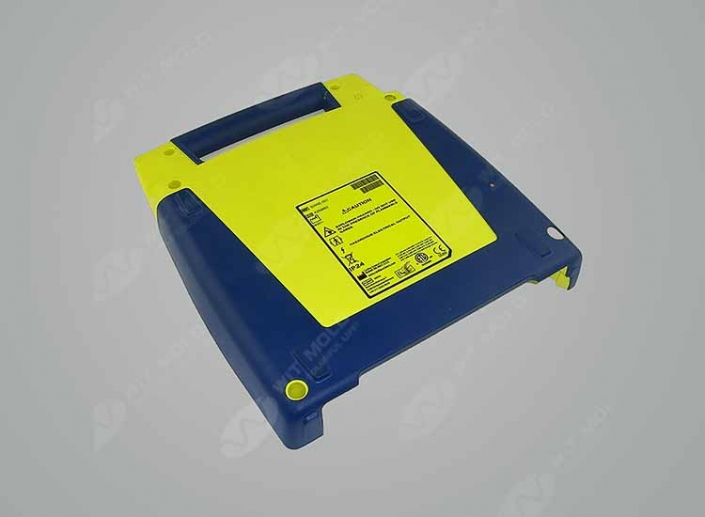MEDICAL AND HEALTH CARE MOLDS
Medical injection molding is an economically effective method for producing medical parts with strict tolerances. WIT MOLD has successfully exported more than 2000 sets of molds with different types of structures and designs, which are applied for a variety of industries.
Medical injection molding is a manufacturing process for producing plastic medical instruments and components. It involves melting plastic resin pellets and injecting the molten material into molds to form specific shapes. This process allows precise control of the size and shape of the product while adhering to strict quality and regulatory standards.
The process is capable of producing durable and reliable medical devices approved by the FDA. This type of molding can also be used for prototyping to send for urgent FDA approval. Medical injection molding can be conducted in clean rooms, and the parts can be safely sterilized. Let’s take a closer look at injection molding.
Injection molding is a very common method for forming plastic parts and components. Depending on the material, the parts’ tolerances may be very strict and easy to process. Injection molding is one of the most common types of molding plastics. It can be used in various industries, not just medical injection molding. In fact, there might be various injection-molded parts around you that you aren’t even aware of. Your basic pen, keyboard, or even your smartphone contains injection-molded components.
In the healthcare industry, medical injection molding is essential for producing precise and reliable components. Companies specializing in injection molding medical devices ensure that the highest standards are met, using advanced techniques in medical plastic molding. The process of medical plastic injection molding is crucial for creating parts that meet stringent medical standards. Whether it’s injection molding medical parts or developing specialized medical molding techniques, the focus is always on safety and accuracy. The creation of medical device injection mold designs is vital for manufacturing complex and delicate parts. Medical injection mold processes are tailored to produce high-quality components, making medical device plastic injection molding a cornerstone of modern medical manufacturing.
Medical Plastic Molds Manufacturer & Custom Mold Maker for Healthcare Devices
Witmold is a professional medical device mold maker, delivering high-precision medical device plastic molds for healthcare and pharmaceutical industries. We understand the strict regulatory and quality standards required for medical-grade plastic components.
Precision Medical Plastic Molding
Our tooling team produces high-quality medical device plastic molds for a variety of critical healthcare applications:
- Diagnostic device housings
- Syringe plungers and barrels
- Inhaler and drug delivery system components
- Surgical and dental tool plastic parts
We use medical-grade resins like PC, PP, PE, and PSU, ensuring compatibility with sterilization processes.
Reliable Medical Device Mold Maker
As an experienced medical device mold maker, Witmold provides:
- ISO-compliant tooling for Class I and Class II medical devices
- Precision inserts, hot runner systems, and multi-cavity molds
- Fast sampling cycles and detailed mold validation reports
Whether you’re a device startup or an established OEM, we tailor mold solutions to your production needs.
Applications in Healthcare Fields
Witmold’s medical plastic molds serve a wide range of healthcare sectors:
- Infusion and injection systems
- Drug delivery devices
- Blood collection & test equipment
- Electronic monitoring enclosures
- Lab consumables and pipette tips
Advantages of Using Injection Molding in the Medical Industry:
Cost-Effectiveness:
While manufacturing molds requires a significant upfront investment in time and money, injection molding is highly cost-effective when producing in large quantities. Batch injection molding spreads the mold cost across thousands of parts, reducing the overall cost per part.
High Precision:
Injection molding is renowned for its accuracy and repeatability, making it ideal for the medical industry. In the medical field, even the slightest error can lead to part or equipment failure. Injection molding enables companies to manufacture hundreds or thousands of identical parts quickly, providing excellent precision and compliance with strict tolerances.
Compatibility with Various Materials:
Compared to all other manufacturing processes, injection molding is one of the most versatile in terms of material selection. While some materials may not be suitable for use in the medical industry, many materials can meet various requirements and regulations.
Excellent Strength, Durability, and Mechanical Properties:
Injection-molded parts are robust and durable. They can resist vibration, impact, and harsh environments. Some have heat resistance, meaning they can be easily sterilized through high-pressure sterilizers without any damage.

